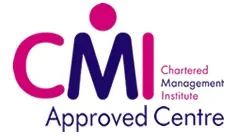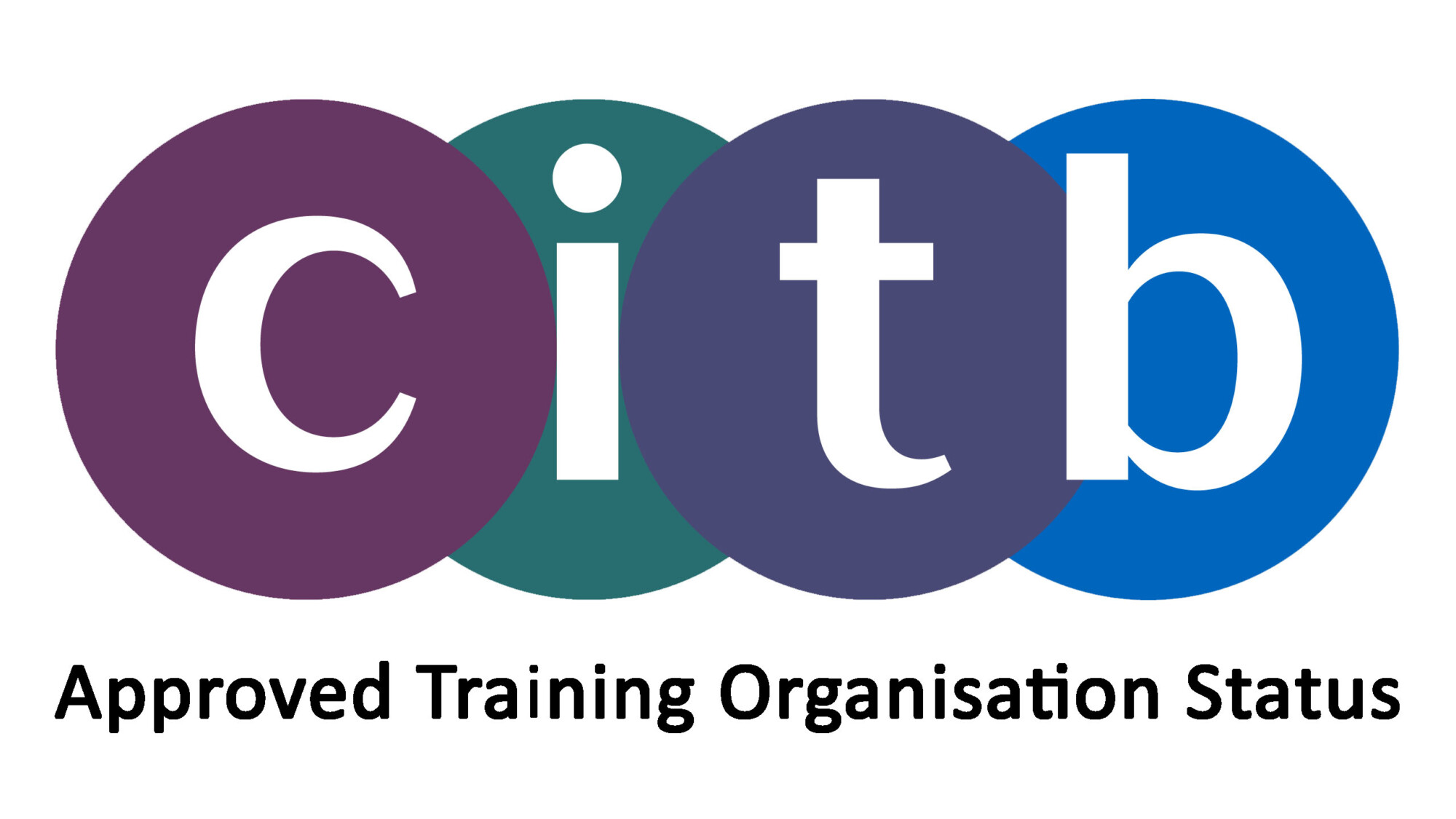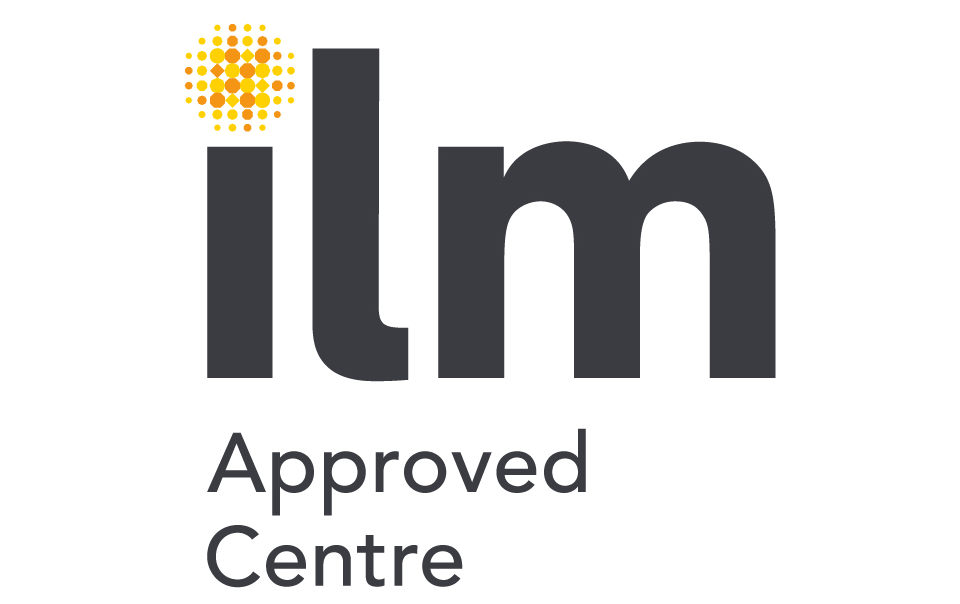Creating a High Performance Team
Overview
In the early stages of team start up, it is advantageous to take a proactive stance towards to team understanding and development. Teams that do this ultimately increase team trust, communication and productivity. Through a clear understanding of what a high performance team looks like and how it behaves, the team will learn how to make better informed decisions as well as proactively manage one another. The three days will consist of theoretical learning, practical activities, team challenges and feedback. The three days can run side by side or spaced out over weekly intervals with team actions in between.
Each delegate will finish the course clearly aware of how to draw upon the strengths of the team as well as proactively manage challenges and potential areas of conflict. They will gain honest feedback from the tutors and their colleagues on how to develop and adapt as an individual. The driving force behind the training will be to encourage the team to support, challenge and coach one another to higher team performance. N.B It is also recommended that a feedback/ coaching day takes place with the team’s line manager once the three day programme has finished.
This will aim to ensure the following:
- Management gain feedback on each delegate, their team preference, communication and thinking style, development areas as an individual as well as a team member.
- Management gain overall feedback on team strengths, challenges and facilitator recommendations
- Management are given guidance on team structure and managing future team dynamics
The Keystone approach
This is a highly interactive programme, held off site. In order to ensure that it has a fresh, dynamic approach, each programme is specifically tailored to the requirements of the client. The programme overview included has been constructed with a view to making learning interactive. It therefore includes relatively light, physical activities to help each delegate put theory into practice. We believe that delegates like to learn through testing things out. Our training provides a safe space to try out new team strategies and approaches. This way, we find that teams finish our training courses confident that they can make msome real high performance improvements back in the workplace.
Objectives
- For each team member to assess the current status of the team as a whole using P.E.R.F.O.R.M as a framework for discussion
- For each team member to understand the key elements of High Performance Teams
- For each team member to understand what they need to do to improve team effectiveness
- For each delegate to understand their personal behaviour/ way of working and how this impacts on the team
- For each delegate to understand how to draw upon personal and team strengths
- For each delegate to understand how to manage individual and team challenges
- For the team to practically apply High Performance Team strategies and techniques
Day One
Introductions
- Programme and personal aims
- Fun team-based icebreaker
Personality Profile
- So… what makes a great team?
- Definition of a team v a group of individuals
- Characteristics of high performing teams
- P.E.R.F.O.R.M. mnemonic.
- Current state assessment
- Project “Marbles” competing teams, set-up, activity and run.
- Review against elements of the P.E.R.F.O.R.M. mnemonic.
- OPP Personality Profile explanation and background to OPP theory and personality dimension.
- Explanations of how to use the profile, what it means.
- Mini-group discussions to discuss implications and results
- Project “Enigma” (indoor/ outdoor)
- Enigma Video analysis
- Review using P.E.R.F.O.R.M.
- Analysis and OPP reports to draw inferences
- Day One Review
Evening Work
Group discussion focusing on application on learning from today to real world teams and roles.
Day Two
- Recap on day one learning
- Applications of learning presentations and individual and team implications
- Project “Forest Fire” desert survival exercise.
- Used to generate conflict and argument around decision making
- Short “one-word” review
- Managing Conflict in Team Types and causes of conflict.
- Fight, flight or freeze responses
- Conflict management styles
- Explanation of questionnaire linked with OPP reports
- Project “Yomp”
- Working in 2 competing teams, outdoor project
- Activity briefing and team allocation
- Orienteering project, part 1
- Orienteering project, part 2
- Team Project “Yomp” Review
- Video analysis
- Full group review
- Day One and Two Review
- Evening work briefing
- Mini-team / Hub discussions: Group discussion focusing on application on learning from today to real world teams and roles.
- Focus on team and individual learning points.
Day Three
- Recap on day two learning
- Applications of learning presentations
- Teams and Client Relationships
Content
- Advancing all previous learning
- Project “Liquidation”
- Part 1 Working as one big team .Pre-activity meeting, briefing and organisation
- Activity, part 1
- Project “Liquidation”,
- Part 2 Working as one big team.
- Activity, part 1 running to completion Finale and cheque presentation
- Project Liquidation review
- Department and mini-team review
- OPP and Managing Conflict implications.
- Video analysis
- Full group review
- “Back to Work”.
- Individual and team commitments to do things differently
- Getting very specific about who, what, where, when and how!
- P.E.R.F.O.R.M.
Reflection, Summary and Close:
- Personal reflection and actions
Summary and close


